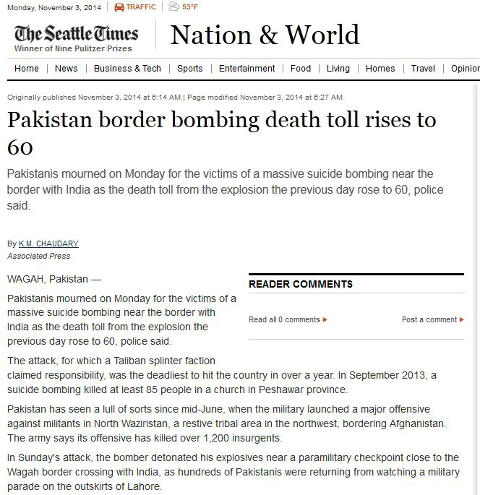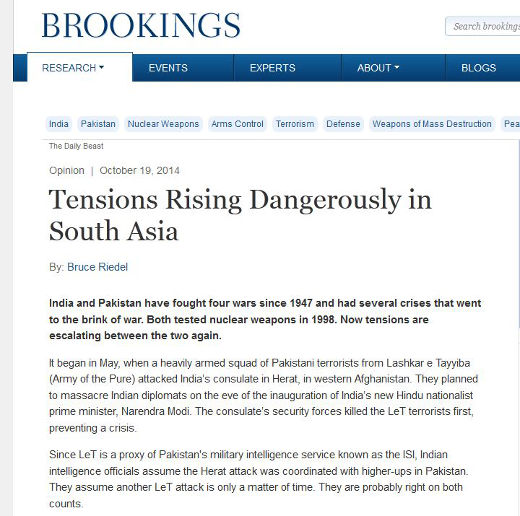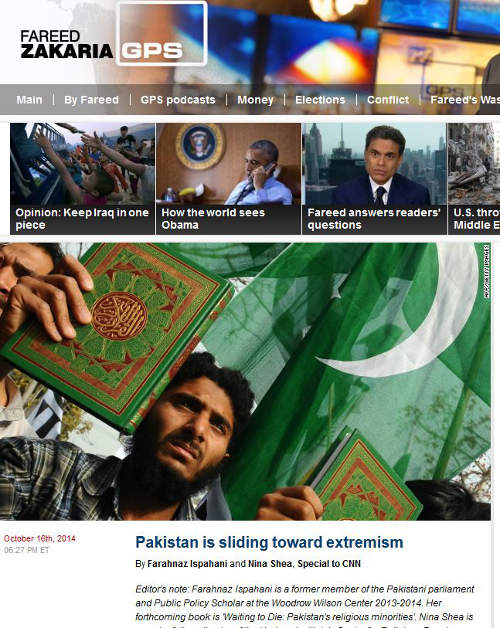The recent terror attacks in San Bernardino, California have brought to the forefront the subject of Islamic radicalization that is being spread from Pakistan (and Saudi Arabia). The country of Pakistan has long been a haven for radical Islamic terrorism with many radical Islamic organizations and terror groups that call it home.
Digging deeper into the problem and researching these recent terrorist attacks have unveiled a Canadian Muslim voice who has long been warning about this Islamist agenda. Sadly his views seem to have been falling on the deaf politically correct ears.
Tarek Fatah is the founder of Muslim Canadian Congress and has been fighting to expose the Islamism being perpetrated by Pakistan, Saudi Arabia, Qatar, Turkey and radical organizations like the Muslim Brotherhood. The formula is simple: Saudi Arabia, Qatar and some of the other rich Gulf states provide funding in the form of hundreds of millions of dollars every year to build and fund mosques, madrassas and other Islamist organizations. Pakistan provides many of the preachers/clerics, teachers, foot soldiers and ideologues for training. In some of his talks Mr Fatah also contrasts this to countries like India, Malaysia, Indonesia that also have very large Muslim populations but not as much of an Islamic radicalization problem.
Here is Mr. Fatah warning against the terror threat to Canada in testimony to the Canadian Senate.
The man is both knowledgeable and passionate about the problem of Islamism in Canada. The scourge of radical Islam that he wished to spare himself and his family from when they moved to Canada from Pakistan, is now in full force in Canada.
Here are a couple of very good videos where Mr. Fatah dispenses some invaluable insight on the threat.
Funding of radical Islam in Canada (and one can assume the West)
Continue reading



